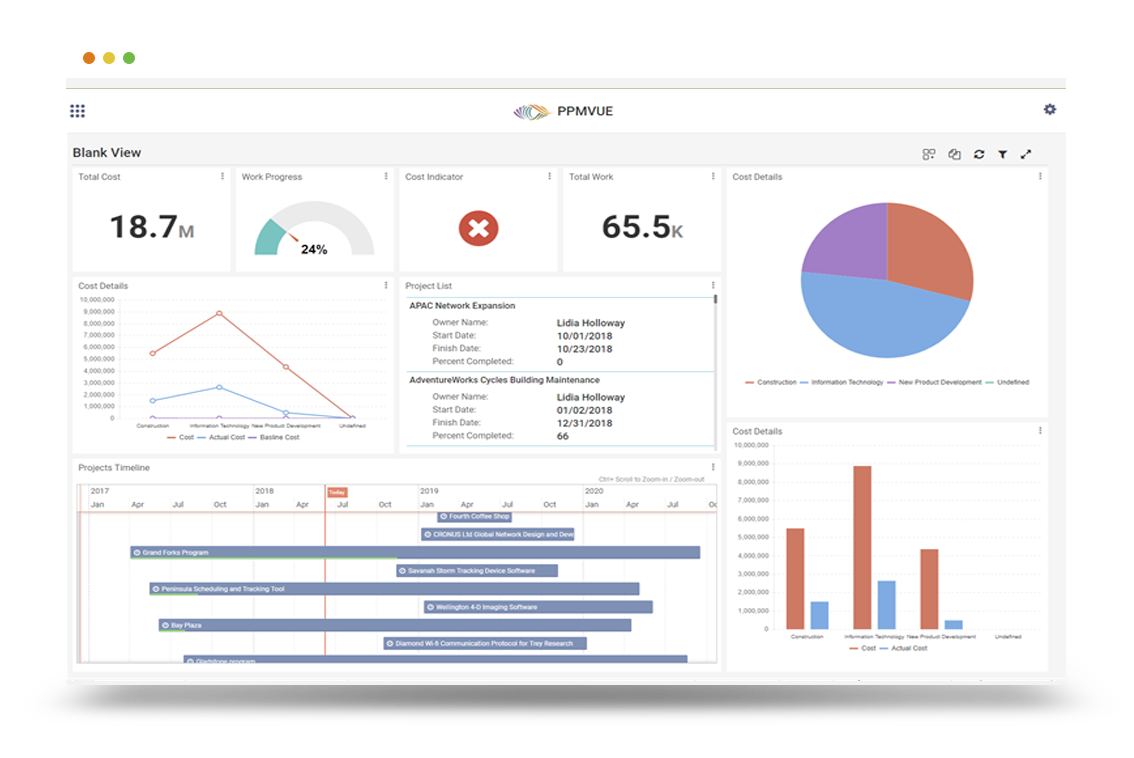The Evolution of Project Management and What Is AI
The Evolution of Project Management
New technologies and business models have been changing the status quo of how we perceive existing goods and services. From electric lights replacing candles and oil lamps to automobiles replacing the horse and buggy, these phenomena have been occurring throughout different eras. Most recent examples:
- Uber – currently the world’s largest taxi company, but owns no taxis.
- Airbnb – world’s largest accommodation provider, but owns no real estate.
- Facebook – most popular media owner, yet does not create or own content.
- Netflix – world’s largest movie house, but owns no cinema.
- Amazon – worlds largest retailer, but owns very few actual stores.
These disruptions bring increased customer satisfaction, change in pricing models, increased transparency, and help organizations grow.
From a Project Management perspective, the role of the Project Manager has drastically evolved in recent years.

Recent breakthroughs in Artificial Intelligence (AI) are about to change the role of Project Manager again. But before we look into how it is going to be impacted, let us look at what AI really is.
What is Artificial Intelligence?
AI is a very broad term (there is no clear definition), but generally speaking, AI is the science and engineering of making computers behave in ways that, until recently, we thought required human intelligence. If we think about computing – it is nothing but humans giving commands to machines and in response, machines executing these commands and providing an output.
- During the DOS era, humans were typing commands on a black screen and machines executed those commands and provided an output.
- Then Windows came along and we were now able to interact with computers using a mouse to give commands and get output – much easier to use.
- Later, touch screens came along and we are able to physically touch the system and give commands for machines to execute and provide output.
As you can tell from the above timeline, technology has evolved over time and has made it easier for us to interact with machines in ways we interact with other humans. AI is basically taking this concept to the next level.
Challenges with How We Manage Projects Today
Today, most Project Managers wear multiple hats. Sometimes too many. As Project Managers, we see ourselves not only expected to manage projects but also manage the schedules, manage risk, have knowledge within the type of project we’re on, play business analyst and possess the ability in handling multiple personalities. We might as well play a psychiatrist or therapist too!
As Project Managers, we wear so many hats that we often find ourselves unable to give each function the time it truly takes to deliver value. We sometimes must deal with and mitigate tasks when they slip. Resources may become unavailable, materials can be delayed, or some other priority ends up taking precedence. I know these rarely ever happen on projects, but sometimes they do and when they do, you have to figure out the best possible action. In order to do that, you have to have all the data, oh…and Accurate data I might add.
Today –
- We rely on implementing a Project and Portfolio management tool and hope that it is adopted by all Project Managers.
- We rely on data to be entered into these systems by someone. We, humans, hate to perform repetitive, tedious tasks on a regular basis so, over time, the quality of data is significantly reduced.
- It is difficult to compare previous (similar) activities to be able to accurately forecast when relying on someone’s memory and experience.
- Risk Modeling and Analysis are difficult for humans because everyone is different in how they assess risk. The probability of a risk is based on their own individual experience and not based on a collective experience within the organization (“gut-based” vs data-based).
- Normal Humans are unable to process large amounts of data – so even if they have been given access to all previous project data, they are unable to extract data efficiently.
Future –
- Automating repetitive, tedious tasks so Project Manager can spend more time on problem–solving.
- Being truly proactive by automatically calculating and analyzing a bigger pool of historical data to have more accurate predictions.
- Performing risk modeling and analysis based on changes to scope, available resources, reduced budget, etc.
- Optimizing resource scheduling and allocation using previous experiences.
- Foster a safer work environment
Stay tuned for Part Two as we dive into the timeline of AI and what it can REALLY do for us in Project Management!
EPMA is a global solutions company focused on delivering projects better. Our unique proposition that embodies the full ecosystem and portfolio of any organization has enabled us to deliver projects better and make a significant difference. Our unique and proactive approach of having over 20 developers and solutions architects in the business acts as a true enabler for impact. We are more than ever before positioned to add value, advise, and impact your organization.
Interested in hearing more? Please contact EPMA at 832.772.3762 or email us at [email protected]

